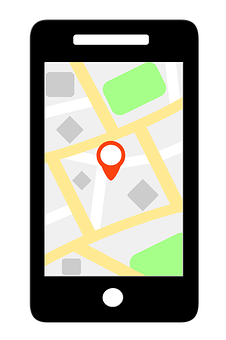One of the more convenient and useful features of a mobile device is the GPS function that allows one to know precisely where they are on the planet at any given time due to communication with orbiting satellites. If one loses or misplaces their phone, there are a number of apps available that will help one to locate and lock it to prevent unauthorized access. However, there is another use that may be practical, but also may be considered intrusive depending upon how it is used. Life 360 Life360 – International is a locator app that allows one to locate any family (circle) members at any time. It has handy features that let you know when a member arrives or leaves an area, and it also has several safety features such as a panic button that sends an SOS call to your circle members and a drive detection feature that tells you the maximum driving and braking speeds. Crash detection is available, but only in the US. Most of the desired features are free, but monthly subscription fees give you more data and access.
While parents may find it very agreeable to monitor their teenager’s driving habits and activities, young people have fought back against the app by flooding it with 1 star reviews hoping to get it removed from the app store. In response, Life 360 has introduced a ‘bubbles’ feature that allows teens to activate a general radius ‘bubble’ (instead of a specific location) for a set period of time allowing for more privacy.
TikTok Teens Partner With Life360 to Launch New Bubbles Feature (yahoo.com)
Another concern associated with the driving detection feature is the ability for car insurance companies to use the data to influence insurance rates
As smartphones become more and more ubiquitous, there are fine lines between convenience and the willingness to contribute to data mining and relinquish privacy. The debate continues.
